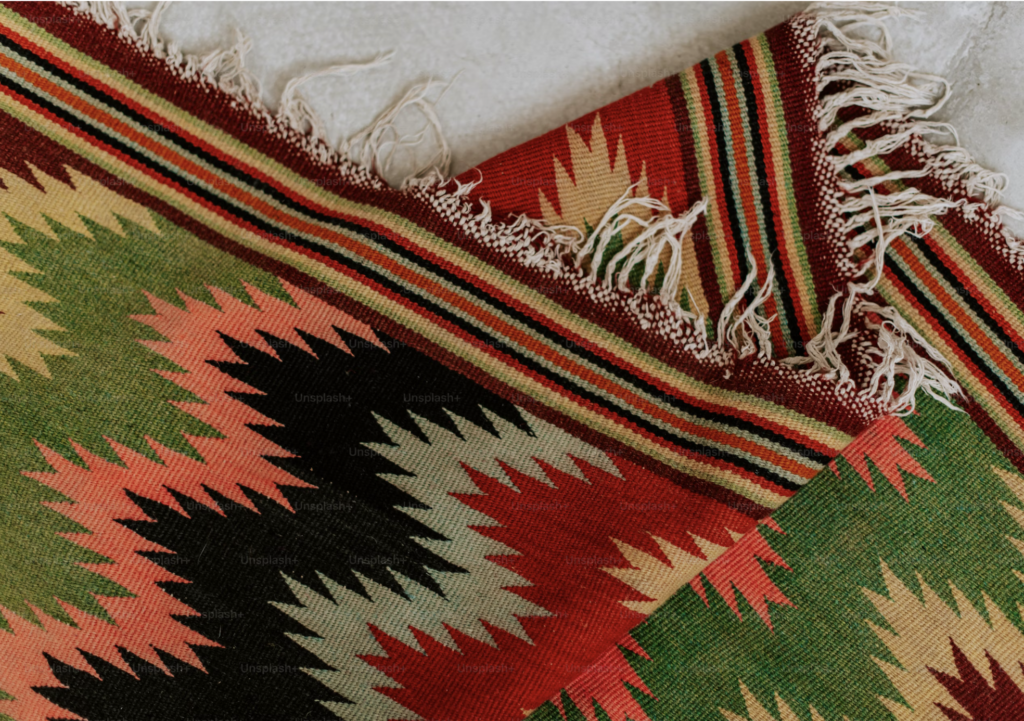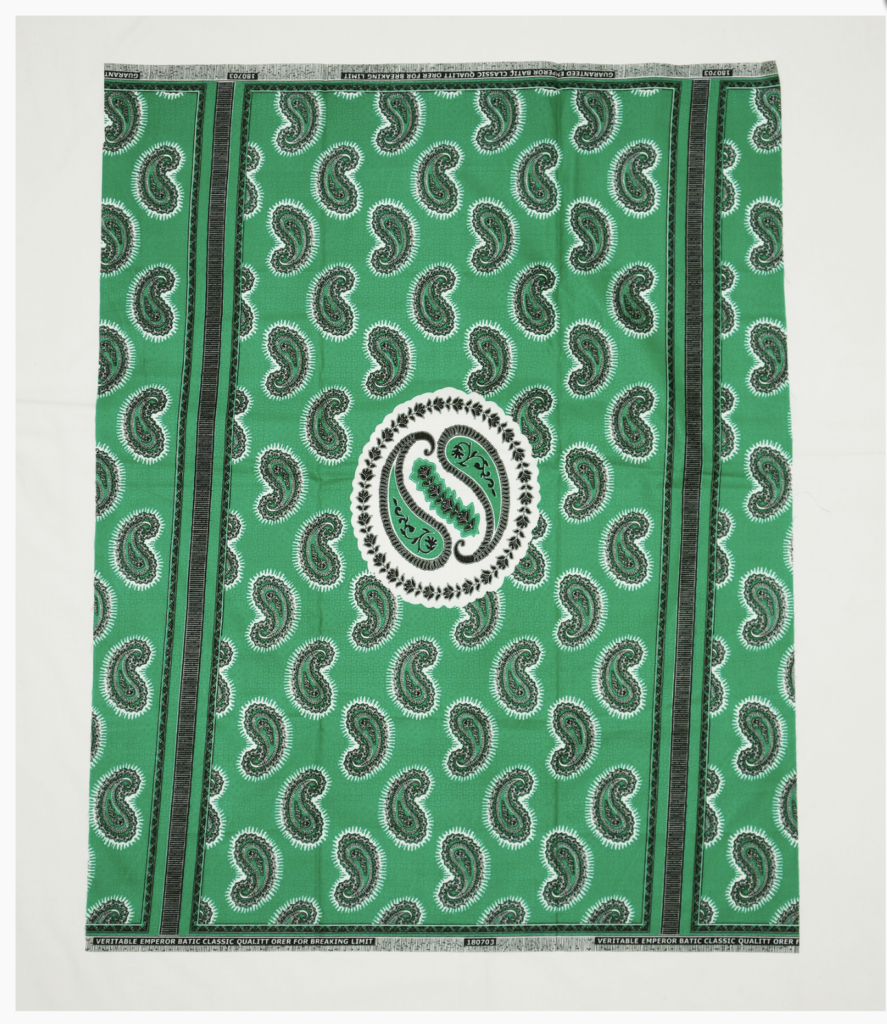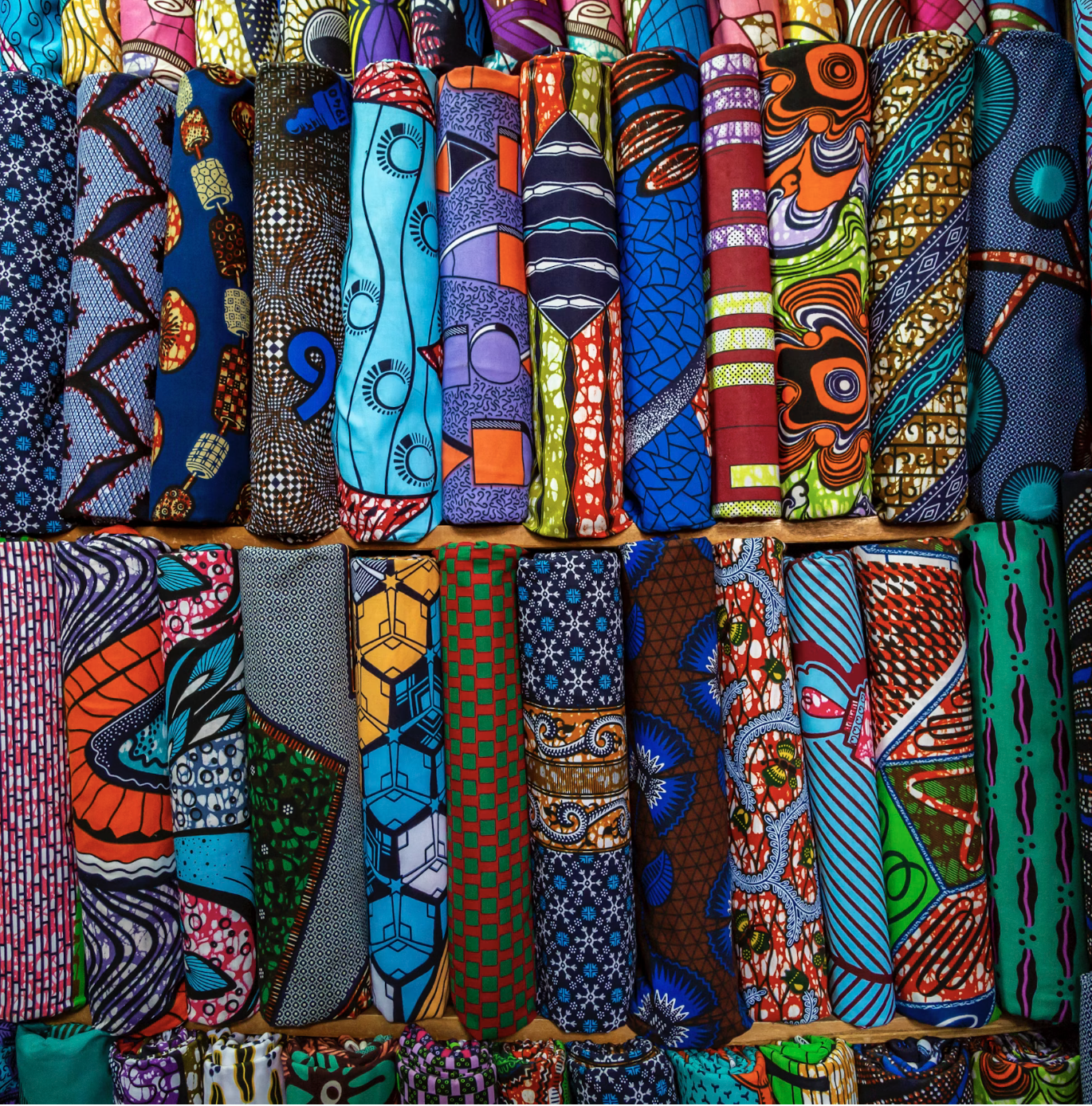Introduction: The Fabric of a Continent
Across Africa, textiles are more than just fashion. They are vibrant expressions of identity, tradition, and community. From Nigeria’s indigo-dyed Adire to Ghana’s royal Kente, African made fabrics have long embodied the soul of the continent. Yet today, a quiet transformation is underway. Chinese made textiles, mass produced and often imitating African styles, are flooding African markets and changing the game. This is a story about fabric but also about authenticity, culture, and the power of choice.
Woven Heritage: A Look at Africa’s Textile Traditions
Before the age of industrial looms and global markets, African communities were already creating distinct textiles:
- Kente (Ghana): Royal cloth woven with symbolic patterns.
- Adire (Nigeria): Indigo-dyed by Yoruba artisans.
- Shweshwe (South Africa): Cotton prints with rich colonial and indigenous history.
- Bogolan (Guinea/Mali): Mud-dyed cloth rooted in storytelling.
Each fabric held meaning, marking ceremonies, status, and identity. These were and still are textiles of pride.

African made Fabric
Enter China: The Imitation Game
In recent decades, Chinese manufacturers have taken note of Africa’s love for bold prints. Companies began mass-producing lookalike wax prints, and in some cases, setting up factories within Africa. Brands like Hitarget and Anningtexnow dominate markets in Ghana, Nigeria, Kenya, and beyond.
The problem? These prints often imitate traditional African designs without credit or connection to their origin. In Guinea, 80% of traditional patterns sold in markets are now counterfeit imports.
The Design Debate: Authentic vs. Copycat
African-made fabrics often stem from deep cultural meaning:
- A real Kente cloth tells a story.
- A genuine Adire piece reflects artisan skill passed down through generations.
- Aso-Oke or Lepi fabrics carry spiritual and social symbolism.
Chinese imitations might replicate patterns, but they lack the soul and story. Worse, they sometimes pirate designs wholesale, reducing rich heritage to a cheap print.
Cultural Value: Beyond the Bolt
Buying African made textiles supports more than local economies:
- It preserves cultural identity.
- It sustains artisan communities.
- It empowers future generations to keep traditional skills alive.
In contrast, reliance on imports threatens to erase these legacies. When Benin Kingdom motifs are printed abroad, it disconnects culture from its context. As Nigerian designers argue, “Ownership is not just about who makes it, but who lives it.”
The Quality Question: Cotton vs. Polyester
Consumers often notice that African made fabrics:
- Use pure cotton or natural dyes.
- Last longer and retain color better.
- Feel softer and are easier to sew.
Chinese versions may be cheaper, but they often:
- Use polyester blends.
- Fade or fray quickly.
- Struggle with authenticity in both design and durability.
Tailors across the continent voice concerns about how low quality imports affect their work and reputations.
Voices from the Ground
From Lagos to Johannesburg, the people who work with fabric daily are speaking up:
- Artisans: Struggling to survive amid cheap knockoffs.
- Traders: Forced to sell what moves fastest, not what’s best.
- Designers: Educating customers on the value of authenticity.
In Guinea, the government has even urged citizens to boycott imported imitations in favor of protecting cultural heritage.

African fabric made in China
Why It Matters: Choosing the Thread That Connects
When you buy African-made fabric, you’re doing more than shopping:
- You’re investing in tradition.
- You’re supporting local economies.
- You’re keeping stories alive.
In a time when identity can be bought and sold, every purchase becomes a statement. Do you choose the cheapest option or the one that carries history in its weave?
Conclusion: Weaving the Future
Africa’s textile story is still being written. Chinese made fabrics may offer affordability, but only African-made fabrics offer authenticity. As consumers, we hold the power to shape what comes next. When we choose local, we don’t just wear our culture we preserve it for generations.
Let’s honor the threads of identity by keeping them rooted in their rightful soil.
#SupportAfricanFabrics | #MadeInAfrica | #WeaveYourCulture






